 Social sciences
Social sciences
Diary of the Coronavirus Times
Almost 450 people from the whole country have described their everyday experience of living in the pandemic. How the Poles are dealing with living in a changed reality has attracted interest of sociologists from the NCU and SGH Warsaw School of Economics. Thus, they organized a contest: a diary of the coronavirus times.
The first SARS-CoV-2 virus infection in Poland was recorded on 4 March. Globally, measures were taken to prevent the infection from spreading. Possibilities of travelling and mobility were limited; the official quarantine was announced; cultural, sports and religious events were cancelled; schools, universities and workplaces were closed.
The topic has attracted much attention from many researchers representing a broad range of disciplines. Soon after, numerous scientific initiatives emerged. Researchers wanted to study the situation with scientific tools and methods. In Poland, in March, the National Science Centre organized a competition among researchers who could extend our knowledge of the coronavirus not only from the medical but also from the psychological and social consequences points of view.
The pandemic has affected our stable lifestyle and living conditions.
By the end of March, an open contest for everyone was also announced. The initiative came from the Department of Quality of Life Research and Applied Sociology from the Institute of Sociology, NCU in Toruń and the Collegium of Socio-Economics, SGH in Warsaw. The proposed form was a diary and the topic was Everyday Life in the Coronavirus Times.
“We have found ourselves in an exceptional situation. The pandemic has affected our stable lifestyle and living conditions." explains dr hab. Arkadiusz Karwacki, prof. NCU, the project coordinator representing the Institute of Sociology at the Faculty of Philosophy and Social Sciences in Toruń.
“We have had to deal with numerous challenges posed by the coronavirus: limiting our social interactions and mobility, inability to meet many of our needs we used to satisfy outside our homes, a necessity to work on-line or outside our homes, being thus exposed to higher risks, just to mention some. The above mentioned situations have been accompanied by the feeling of insecurity, fear, anxiety about the future. For sociologists-researchers, the processes are fascinating. Is it possible not to try to collect experience of the Polish people in the period so drastically affected by changes in our everyday social practice and conditions?
Long diary keeping traditions
Sociologists from the NCU used to cooperate with their colleagues from the Collegium of Socio-Economics, SGH. They had worked together on a research project studying the problem of unemployment in contemporary Poland, also with the use of the diary keeping method.
It should be emphasized that announcing contests and collecting diaries written by people representing various social categories have been a showcase of the Collegium of Socio-Economics since the interwar period.
“After a long absence of Poland on the maps of Europe, the Collegium led by Ludwik Krzywicki was to provide knowledge about the newly shaping society. Its tasks involved gathering information and employing it for mindful reconstruction and management." says prof. Karwacki. “There were obviously different approaches on how to call up the data. It is worth recalling Florian Znaniecki who was one of the first researchers applying the method of studying personal documents, e.g. letters, diaries as well as autobiographies." (his work entitled The Polish Peasant in Europe and America written in cooperation with William Thomas brought him international fame–edit.)
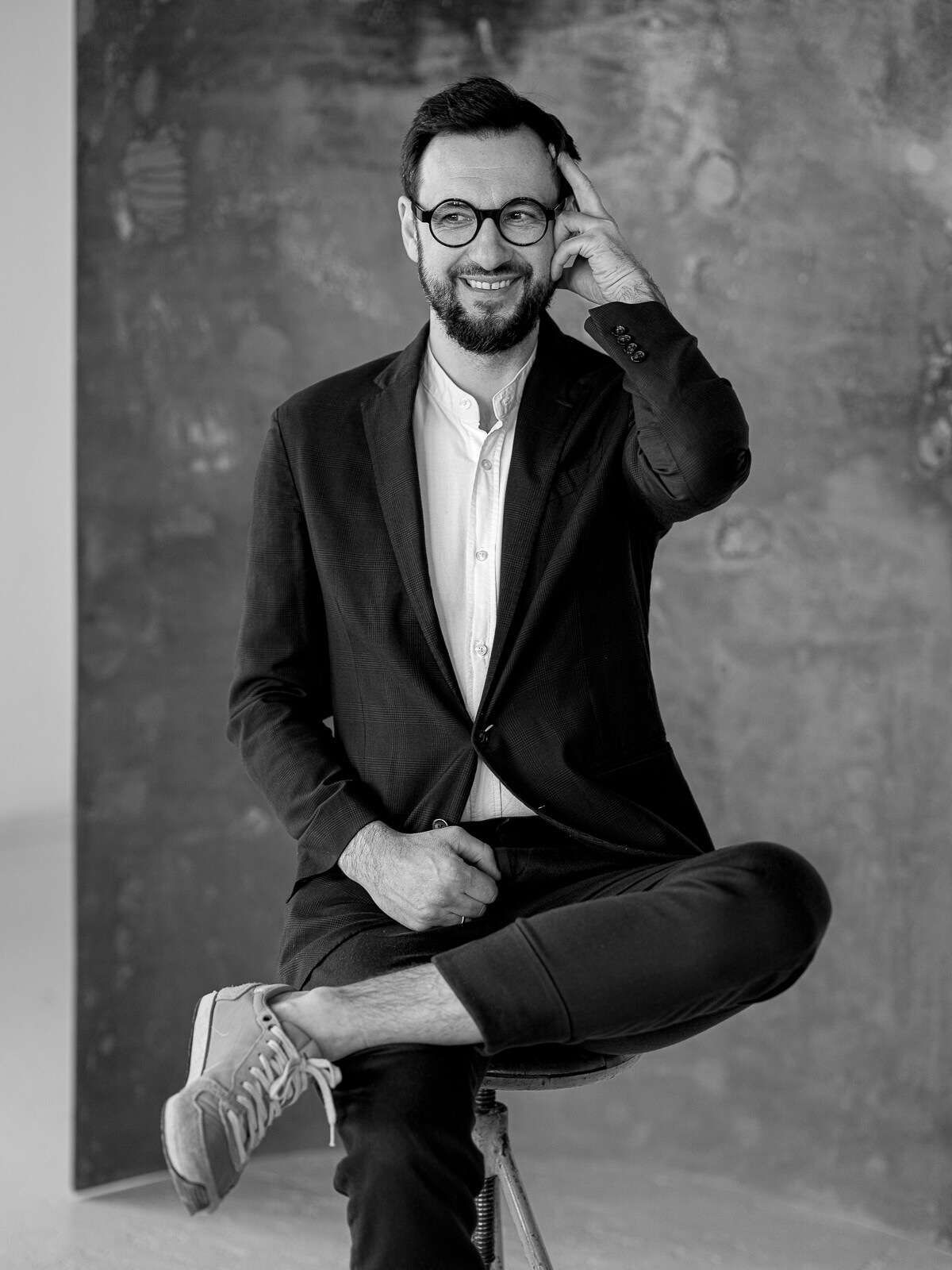
The socio-economic project coordinators decided to give voice to people, to listen and not to control the respondents; they were interested in people's feelings, their perception of the current situation and the ways of dealing with it. The choice was easy for them to make: a diary contest.
“Memoirs or diaries – they are always certain forms of creating oneself; it is a reality processed by taking a subjective view of events, by showing personal and emotional reactions or observing what surrounds and affects us." prof. Karwacki. “We, sociologists, are interested in an individual, together with his or her attitudes, virtues, aspirations, visions of reality. Diaries give us an opportunity to immerse in the world experienced by those who write them. The value of our material grows together with an increase in the number of diaries we can analyze. Then, we are given a chance to confront different kinds of experience, find similarities in experience of people presenting defined features, but also to reveal the multidimensionality of that experience.
Memoirs of the pandemic
440 diaries were sent for the contest. The choice was not easy; the jury admitted that “many works were of high quality" and “diaries were characterized by high cognitive values".
The group willing to share their writing on the pandemic reality with others was varied. The youngest contestants just reached the age of majority, the oldest ones were over ninety. Each generation had its own representatives, as similar to groups of different socio-economic or family status. Among participants, there were both singles as well as parents of five. Diaries themselves were of a very diversified character; some of them were a few pages long, some of them were over one hundred pages long.
A picture of everyday life emerges from the diaries, and the picture presents a struggle for survival connected with particular fatigue and common insecurity. The collected material shows striving with the new reality. The authors focused mainly on the problems they had to face and deal with. They talk about isolation, fears, frustration, anxiety about the future.“ explains prof. Karwacki.
The sociologist emphasizes, however, that the research material collected, although very rich and diversified, is not aimed at formulating statements concerning particular regularities and tendencies; moreover, it is not suitable for portraying social categories.
“We want to show coexistent ways of thinking, attitudes, argumentations, systems of values, aims, and experience. We are adding a building block to depict the present life experience in order to show what is happening in our society." explains prof. Karwacki.
Notes from diaries
Restrictions, especially in the social and outdoor activity (e.g. culture, sports, hobby) made us stay at home. Some Poles noticed an opportunity to spend their time looking for new forms of spending time. Others "got stuck" at home, on their couches, or in front of their TV or smartphone screens. Some people have been complaining, criticizing, rebelling, isolating themselves since spring, others have found ways of spending their time in a more valuable, useful manner, deepening relations with their friends and family. A spectrum of attitudes and emotions which has emerged during the pandemic is broad. In the diaries, however, the "darker" side of the new reality dominates.
The authors focused on the difficulties they had faced in many areas of their lives. One of the main spheres they had decided to comment on was that connected with their relations with relatives and in a more general sense
"We can love each other but we cannot like each other"*
“The diaries confirm that we, Poles, in special moments of our lives, have great impulses of the heart. It is not the first time we have shown we are able to love, help, support one another, show sympathy." prof. Karwacki. “Still, we cannot like one another. I mean, we cannot show kindness, understanding, long-term acceptance to others. We are emotional sprinters rather than long-distance runners."
As the sociologist exemplifies it, there were support groups organized in social media and those who wanted to give help initially outnumbered those who needed it. The Poles sprang into action to support healthcare workers (sewing face masks, buying and providing food to doctors and nurses on duty), seniors (going shopping, walking out dogs), multi-child families (offering laptops or giving private lessons).
After some time, the initial eagerness changed into irritation and disapproval. The Poles pointed to unequal treatment, for example, 'they' could jog with their dogs, but not me, a politician could be tested for the virus, but not me, someone bought a computer to someone else, I got nothing. Such examples were abundant." says prof. Karwacki."The pandemic is the moment at which comparisons are activated. I versus others – the confrontation is of huge importance in the context of an image of our reality. We are not quite able to deal with our own matters without those 'others', in the contraposition to whom we are functioning these days."
When analyzing the diaries, Prof. Karwacki observed that many authors had formulated statements concerning the fairness of covid: now, we have got something everyone is at risk of, no matter who you are, what your material status is, or where you live.
“The plague of fairness. Sometimes, you could sense some silent satisfaction with the existence of forces and situations which could affect anyone." adds the sociologist.
"My life is boredom "
A part of memoirs concerned thoughts over our everyday practice, especially in terms of consumption. There were also remarks on the condition of our planet, an ethical code of conduct.
“A certain sad reflection can be discerned: everything is pointless." says prof. Karwacki. “Before the pandemic, many people thought that a busy, hectic day is fine. Many people deconstruct the rush to 'be busy'. We have finally stopped, we have had time for reflectiveness. We have discovered what we knew about our lives earlier: we have been fooling ourselves. –Another bottle of wine or craft beer opened, another escape to expanses of social media or TV series – those make us escape from confronting how we are. The Covid has given us the chance to face it. In our new environment, old problems, frustrations, unsatisfied and deeply hidden needs have become disclosed and vividly noticeable
"Senselessness, inertia, torpor, and depression"
The diaries explicitly show that our Polish mental condition is not good. We cannot confront our feelings, we can neither read our emotions nor deal with them.
Frequently, statements such as 'forgotten, abandoned, unloved, stressed, too busy or living in torpor' occur. A lot is said about fears, frustration and inability to deal with them and lack of support from outside" says prof. Karwacki. “We are burdened with many patterns, requirements we want to live up to, we want to match others. Thus, such feelings come up."
"It is not my dream job"
“Wellbeing associated with our work is what we think of it on Sunday evening." explains prof. Karwacki. “It is no surprise since we spend most of our time at work, not only physically, but also thinking or talking about it."
This is the part of life Polish people gave much attention to in their notes. There were reflections concerning relations at workplaces and how they influence our personal relations. There were comments on salaries, commitment to our jobs, sense of agency, efforts, competences and education.
“The diaries show all these aspects and indicate what poor conditions they are in." says prof. Karwacki. “They show drawbacks, but also advantages of online work. They expose fear of our future and security: many of Poles have lost their jobs, others are afraid they will; some were affected by pay cuts. Not everyone managed to find oneself in the situation."
“The Coronavirus says Call!"
“It is difficult. There are many areas in which we want to prove ourselves, show our value, adequacy. We set many bars and objectives, we want to succeed. Mentioning the overload factor in the context of the contemporary man, we should refer to a sentence once said by Kazimierz Pawlak in the famous comedy film Love It or Leave It: 'Too much for one man and one day.' It also applies to us." summarizes prof. Karwacki. “The Coronavirus said Call!, and we reacted to it according to our own internal program we had written day by day in the past, i.e. before the epidemiological test. We should remember, however, that the test is for everyone, there are no exceptions, no limited availability
*quoted subtitles are fragments cited from diaries
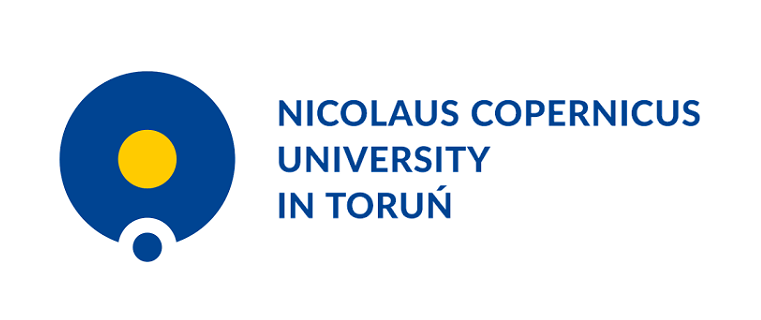 NCU News
NCU News






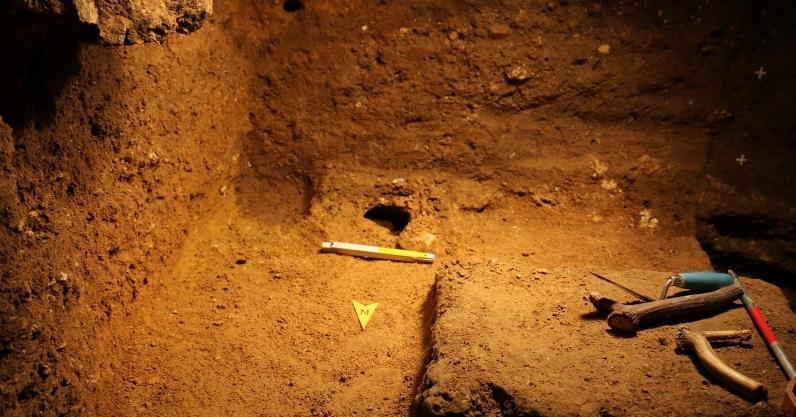 Humanities and arts
Humanities and arts
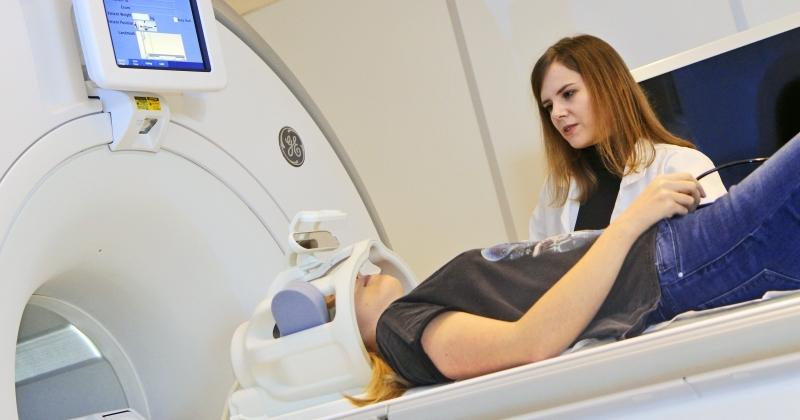 Exact sciences
Exact sciences
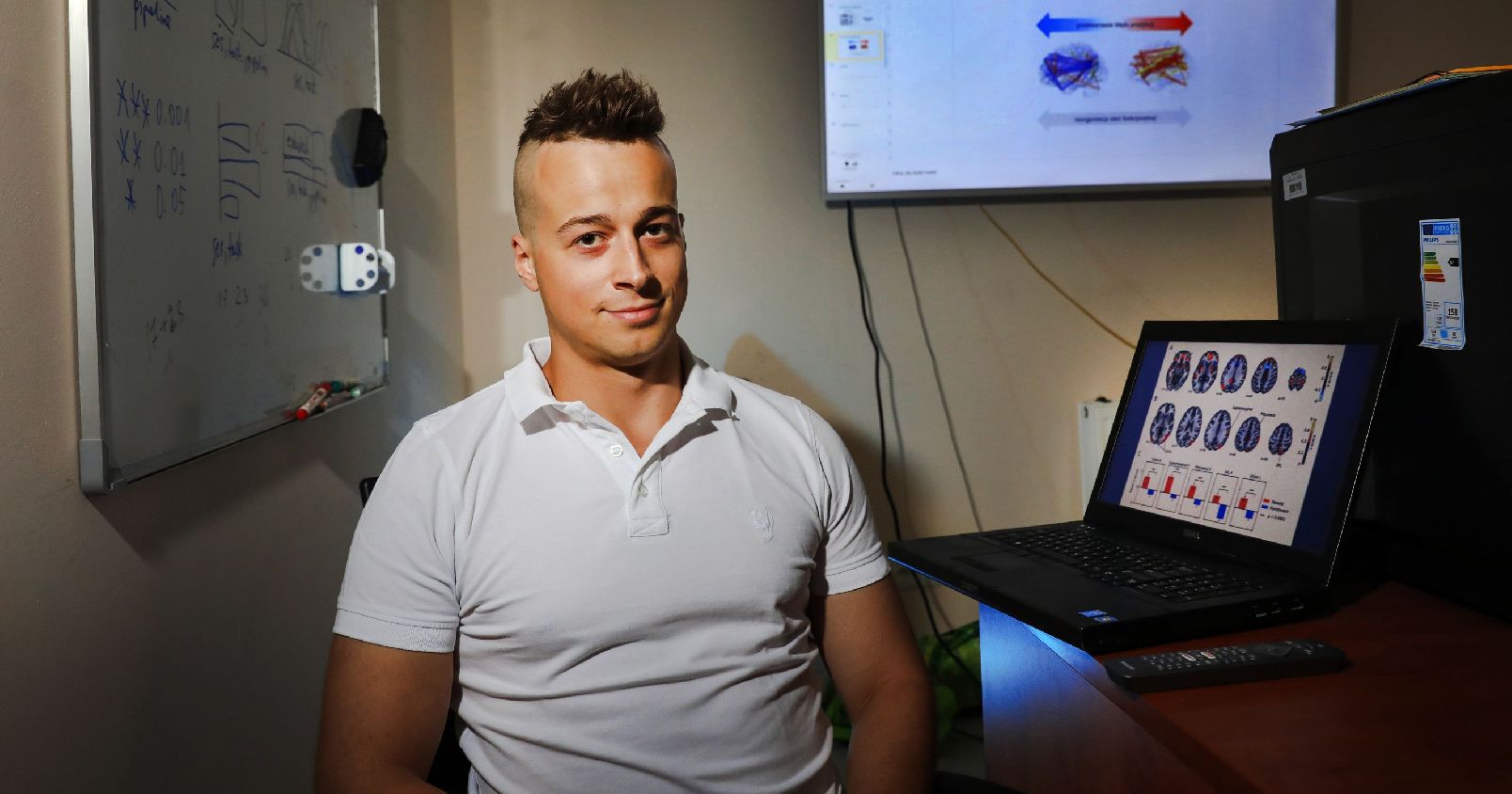 Exact sciences
Exact sciences
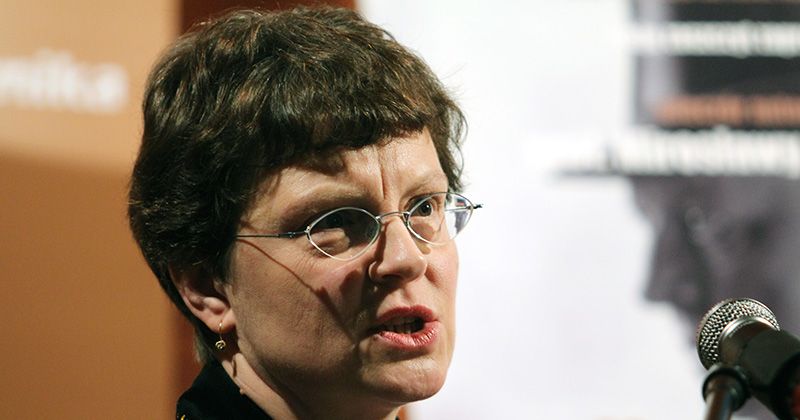 Humanities and arts
Humanities and arts